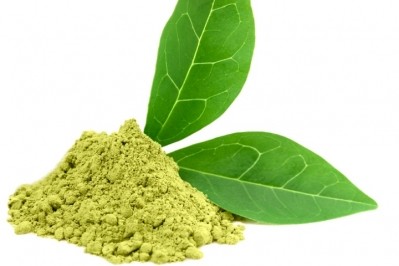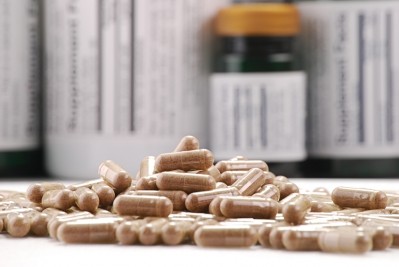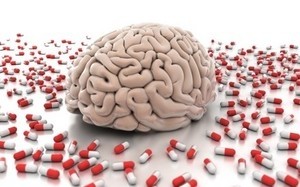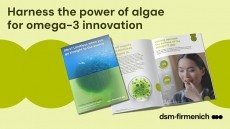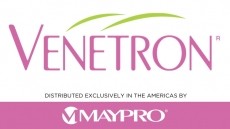Ginkgo cancer results flawed because extract used is not representative, observers say

“We were very concerned about this and we (and the American Herbal Products Association) sent in comments when the report was in draft form. I was afraid this was going to happen that this was going to get out there and mislead the public,” Mark Blumenthal, executive director of the American Botanical Council, told NutraIngredinets-USA. “We raised questions first about the ginkgo they were using from Shanghai.”
Fallout from report
The reaction to the report is already coming in. In a statement this morning, the Center for Science in the Public Interest has recommended that consumers avoid ginkgo biloba products based on the NTP study’s conclusions, even though the NTP reports are not meant to assess risk in humans and use dosages that exceed by orders of magnitude those found in commonly available herbal products. The group downgraded the herbal from “safe” to “avoid” in its food additives guide.
“Ginkgo has been used in recent years to let companies pretend that supplements or energy drinks or supplements with it confer some sort of benefit for memory or concentration,” said CSPI executive director Michael F. Jacobson. “The evidence for those claims has been dubious, at best. The pretend benefits are now outweighed by the real risk of harm.”
Report concludes ginkgo causes cancer in mice and rats
First to the report’s conclusions. The report, published by NTP which is part of the United States Department of Health and Human Services, found that:
“Every group of animals exposed to Ginkgo biloba extract experienced increased rates of a variety of lesions in the liver, thyroid gland, and nose, and male and female mice also experienced several different lesions in the forestomach. These lesions included hypertrophy in the liver and thyroid gland in rats and mice, liver hyperplasia in male and female rats, hyperplasia and atrophy of the epithelium within the nose of male and female rats, and inflammation, hyperplasia, hyperkeratosis, and ulcer in the forestomach of male and female mice. In addition, increased incidences of cancers of the thyroid gland were seen in male and female rats and male mice and liver cancers in male and female mice.
We conclude that Ginkgo biloba extract caused cancers of the thyroid gland in male and female rats and male mice and cancers of the liver in male and female mice.”
The ginkgo used in the study was said by the authors to be representative of products available in the market. Of the study material the authors said:
“The Ginkgo biloba extract used in the current studies was procured from a supplier known to provide material to United States companies and contained 31.2% flavonol glycosides, 15.4% terpene lactones (6.94% bilo-balide, 3.74% ginkgolide A, 1.62% ginkgolide B, 3.06% ginkgolide C), and 10.45 ppm ginkgolic acid.”
Test material is an outlier
The nature of this material forms the basis of the objections raised by those who reviewed the draft study. This material from a Chinese supplier has been manipulated to increase the concentrations of its active compounds to levels well in excess of all other ginkgo extracts for which data is available, said Steven Dentali, PhD, chief scientific officer of the American Herbal Products Association. This supplier, according to Dentali, was intending to use this extract as the basis for subsequent drug development.
“It’s not correct if they are trying to say that this is representative. They say that this is similar to products in the market. Well, elephants are similar to mice. They both have four legs,” Dentali said.
In a letter from AHPA to NTP commenting on the draft version of the report, Dentali had presented a visual aid, a graph showing how different the material used in the long term studies used to generate the data in the report was from products available in the market. Most ginkgo extracts plotted on the graph had a 30% or lower concentration of flavonol glycosides and none, outside of the test material, had a terpene lactone concentration that exceeded about 11%. The study material, at 31.2% and 15.4% respectively, was in a category by itself, with values that were literally off the chart, Dentali said.
“I had to add a quadrant just to fit it in. This is an outlier,” he said.
Final report didn’t include chart
Two other reviewers of the study voiced similar concerns about the nature of the extract studied and recommended that a version of Dentali’s chart be included in the final draft, which was not done.
“I think (the question of how representative this material is) is not adequately addressed when even their own peer reviewers said (the graph) should be included and they didn’t do so,” Dentali said.
Dentali had recommended in his comments that the final version of the report be amended to make it clear that the results pertained to a specific ginkgo extract, not to commonly available ginkgo products as a whole.
“Their study results are specific to the material they studied. Had this gone through a peer review process at the National Center for Complementary and Alternative Medicine claiming that this material was representative it would have been rejected,” Dentali said.
